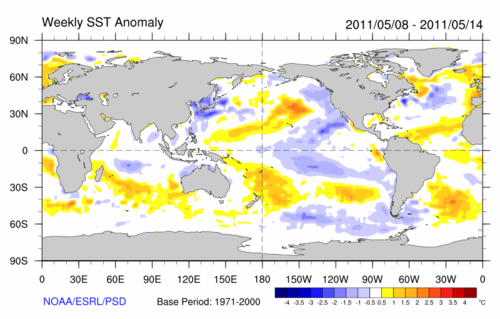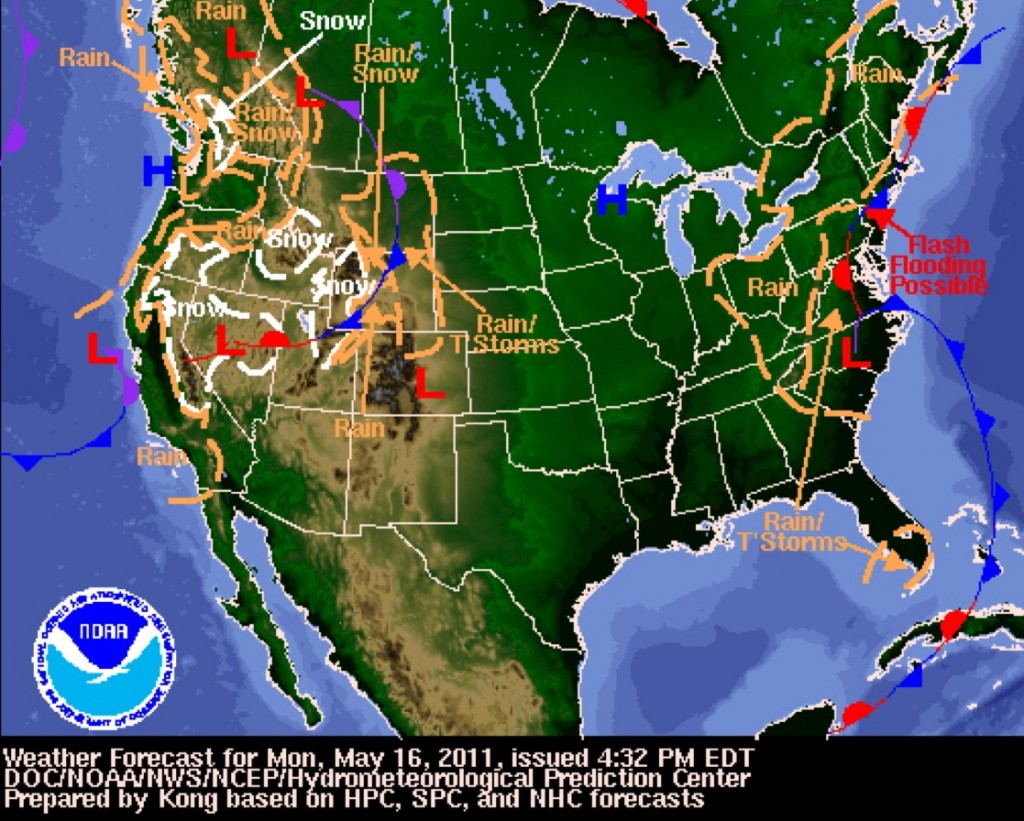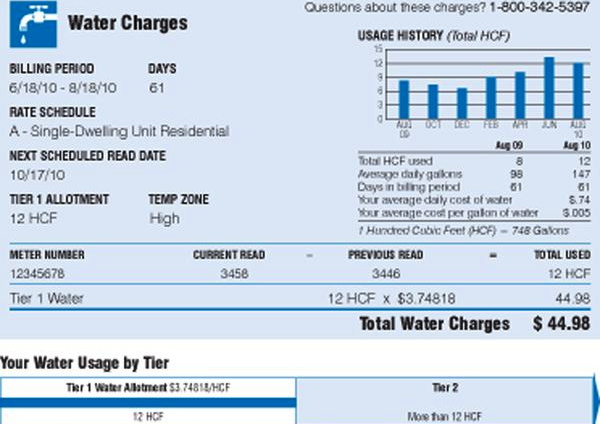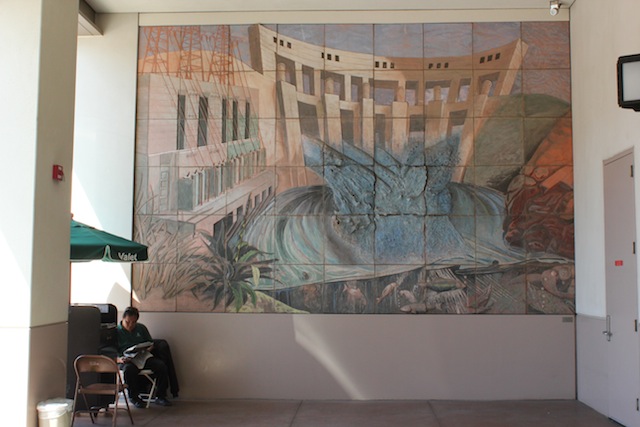The Dry Garden: Gambling on a cool summer
Posted on | May 18, 2011 | No Comments
 This week’s Dry Garden posts early because of May rain. After brief chivvying of So Cal gardeners to weed and sow, I get to the dark art of forecasting. For help assessing the odds of a cool summer as opposed to a hot one, and an early summer as opposed to late one, I contacted Jet Propulsion Laboratory oceanographer Bill Patzert. Some of you may remember that in September he put 80% to 90% odds on a strong cooling of equatorial waters in the Pacific, a system known as La Niña, producing winter drought for Southern California.
This week’s Dry Garden posts early because of May rain. After brief chivvying of So Cal gardeners to weed and sow, I get to the dark art of forecasting. For help assessing the odds of a cool summer as opposed to a hot one, and an early summer as opposed to late one, I contacted Jet Propulsion Laboratory oceanographer Bill Patzert. Some of you may remember that in September he put 80% to 90% odds on a strong cooling of equatorial waters in the Pacific, a system known as La Niña, producing winter drought for Southern California.
After nearly record rains in December, and a Christmas dinner of crow instead of turkey, he knew that Southern California ended up on the lucky side of La Niña’s traditional cutoff somewhere between San Diego and the Oregon border. This system tends to drive rain north and keep the south dry, but we were doused and poor Texas was parched.
Bloodied but unbowed, Patzert is again willing to read ocean currents and hazard some odds for our summer.
Click here to see what Patzert predicts in the Dry Garden in the Los Angeles Times.
Tags: chance of rain > Emily Green > gardening > Los Angeles Times > Weather
And May brings… rain
Posted on | May 16, 2011 | No Comments
 The National Weather Service is forecasting a series of late season rains for Southern California, with precipitation beginning late tonight and persisting through Wednesday. As much as an inch and a half of rain may fall in some foothill communities, with half an inch to an inch in the basin. For a special weather advisory, click here, to find your forecast, click here. This system should bring downtown LA rainfall above 20 inches for the 2010-11 wet season, with some foothill communities such as La Canada Flintridge already above 30 inches. To check LA County rain gauges, click here.
The National Weather Service is forecasting a series of late season rains for Southern California, with precipitation beginning late tonight and persisting through Wednesday. As much as an inch and a half of rain may fall in some foothill communities, with half an inch to an inch in the basin. For a special weather advisory, click here, to find your forecast, click here. This system should bring downtown LA rainfall above 20 inches for the 2010-11 wet season, with some foothill communities such as La Canada Flintridge already above 30 inches. To check LA County rain gauges, click here.
The Dry Garden: Old tiers, new layout
Posted on | May 13, 2011 | 4 Comments

Don't understand the water price tier system of the Los Angeles Department of Water & Power? Cheer up. Neither does the department's graphic artist. The tier shown on this dummy bill created to promote the new bill is wrong. If I understand it, and I'm not sure that I do, a Tier 1 allotment for a hot climate area would be 24 HCFs/mo or higher. It's still a better-looking bill that makes water use more clear. The real shame is that the prices are so low, too low to discourage pools and lawns or to raise enough money to step up replacement of aging city water mains. Click on the image above to be taken to this week's Dry Garden column in the Los Angeles Times, which looks at the bill.
Tags: chance of rain > Emily Green > Los Angeles Department of Water and Power > Los Angeles Times
The Dry Garden: An orchardist among us
Posted on | May 6, 2011 | No Comments
When musicians Kazi Pitelka and John Steinmetz tell friends that they are leaving their Altadena home of 15 years, the invariable responses are: “Why?” “Do you have to?” “Whyyyyy?”
It’s not that their friends are given to whining. It’s that few homes will ever be occupied so well. Theirs is a place where music was made, children were raised, a father died. Where mealtime meant family time and where Pitelka gardened, then cooked.
Click here to keep reading in the Los Angeles Times about the garden where Kazi Pitelka amassed 75 fruit trees, many herbs, chickens, vegetables and summer berries, and, in the process, became one of the best kitchen gardeners in the state.
High good, low bad: Mead in April 2011
Posted on | May 1, 2011 | 1 Comment
Last week at a meeting of the Southern California Water Dialogue, Reclamation had good news and bad news. The good news was that as tallies keep coming in from a record water year on the Colorado River, the looming prospect of shortage declarations for the “Lower Basin” has receded. (By last night, the closing April elevation of Lake Mead was 1,095.77 feet, more than 13 feet higher than November 2010, when the largest reservoir in the American West was within 7 feet of shortages being declared.)
The bad news was that Mead, which serves Nevada, California, Arizona and Mexico, is still less than half full. As this graphic shows, when a dry trend began on the river in 1999, Mead was 95% full. While we’ve had a wet blip in 2011, if this generally dry trend persists for the next ten years, except this time we start from less than half of our water storage capacity, then we’re screwed.
Click here for Reclamation records of the elevations of Lake Mead going back to its impoundment by Hoover Dam.
Tags: chance of rain > Emily Green > Lake Mead elevations > Metropolitan Water District of Southern California > US Bureau of Reclamation



